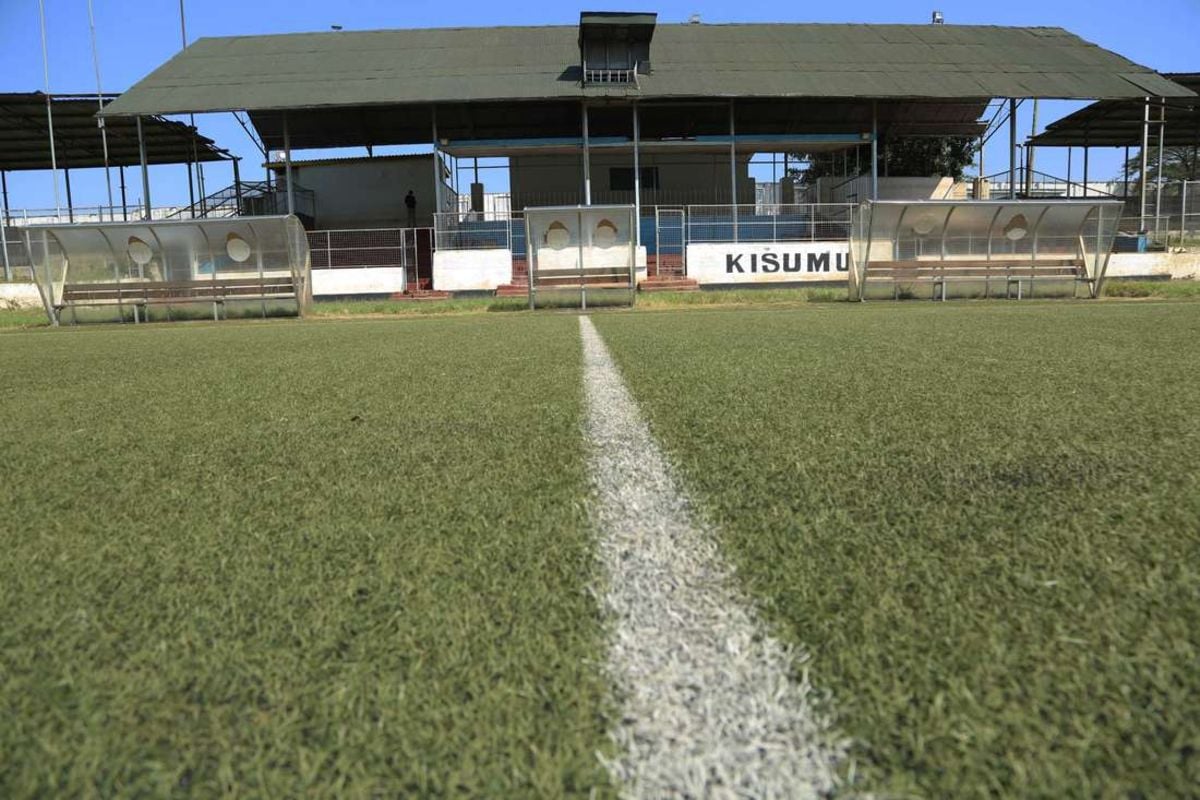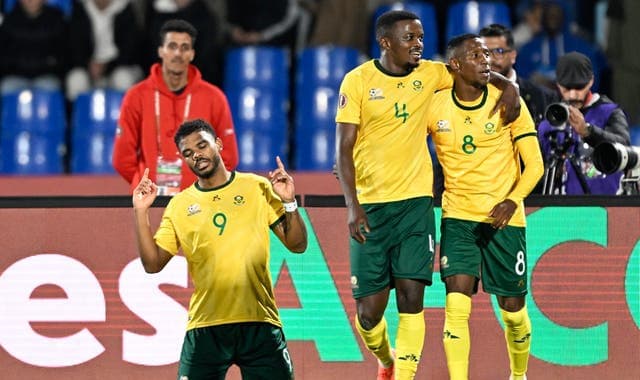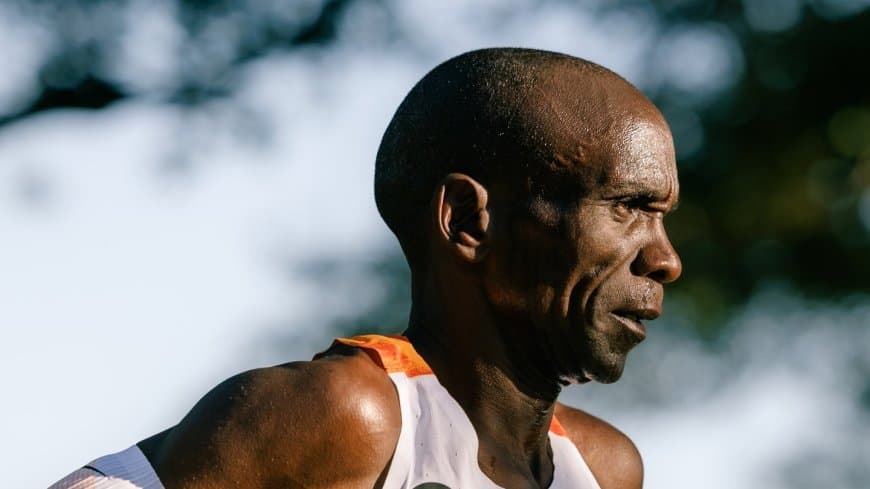Kisumu’s historic Moi Stadium is set for a major facelift following the allocation of Sh800 million by the State Department for Sports.
The upgrade, announced by President William Ruto during a recent meeting with Kisumu leaders at State House, aims to transform the ageing facility into a world-class stadium.
A team of engineers from the State Department has already assessed the site, with groundbreaking expected later this month.
Kisumu CECM for Sports Beatrice Odongo said the revamped stadium would serve as a regional sports hub and boost youth talent development. "We’re not just building a stadium. We are building hope, pride, and opportunity," she said.
County Secretary Hesbon Hongo confirmed the stadium will meet international standards but raised concerns over encroached land around the facility. A technical team is reviewing land boundaries to guide the final design.
The project was expected to be completed by the end of 2026, with the county government working closely with the Ministry of Sports to ensure its timely delivery, she said.
"Most probably by the end of 2026, we'll be launching a new stadium in Kisumu County," Odongo said.
As Kenya gears up to host eight global competitions and send 40 national teams abroad, the government has increased sports funding by more than Sh700 million in the upcoming financial year.
The move signals an aggressive push to raise the country’s profile on the international stage while also strengthening talent development at home.
According to the 2025/2026 budget estimates, Sh17.8 billion has been earmarked for the development and management of sports facilities, up from Sh17.1 billion in the recently ended financial year.
Another Sh516.4 million has been allocated to sports training and competitions, reflecting a Sh102 million increase.
The additional funding will support Kenya’s preparations for international events such as the Safari Rally, Kip Keino Classic, Magical Kenya Golf Championship, Sirikwa Classic, and the 2026 World Athletics Junior Championship.
The country will also take part in key competitions abroad, including the 2026 Youth Olympic Games in Dakar, the Africa Women’s Cup of Nations qualifiers, and the 2025 Summer Deaflympics in Tokyo.
Kenya’s heightened activity on the global stage is also being matched by investments in athlete and official training.
The Kenya Academy of Sports plans to train 2,700 athletes and 1,500 technical and administrative staff, while also carrying out three research programmes and developing training content in five disciplines.
Part of the budget will also go to anti-doping efforts, with 1,300 tests planned and awareness programmes targeting 18,000 people.
Meanwhile, the Sports Registrar aims to register 350 new organisations, license 30 professional athletes, inspect 45 sports federations, and digitise the registration system.
At the facility level, the budget will fund major projects such as the completion of Talanta Sports City and the upgrading of key venues, including Moi International Sports Centre, Nyayo National Stadium, and Kipchoge Keino Stadium.
These venues are critical as Kenya prepares to co-host the 2027 Africa Cup of Nations alongside Uganda and Tanzania.







